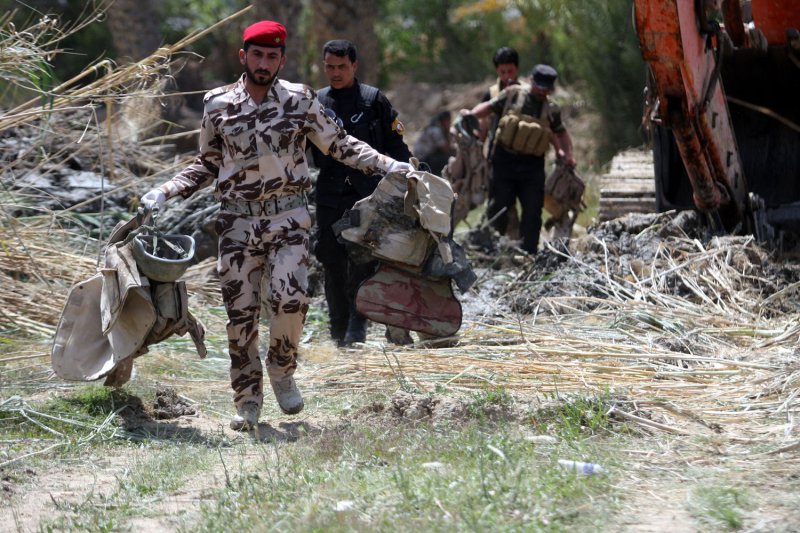UNITED NATIONS, May 28 (UPI) -- Over half the countries on earth are supplying jihadists to extremist Islamist groups in the Middle East, a United Nations report claims.
The report, by the U.N. Security Council's special permanent committee on violent Islamism, says over 25,000 people have joined al-Qaida, the Islamic State and other affiliated groups from other countries, creating an "unprecedented" threat to international security. It adds most governments have failed to understand the phenomenon's long-term effects.















